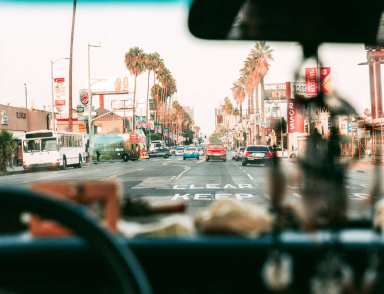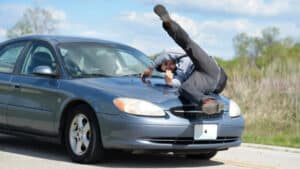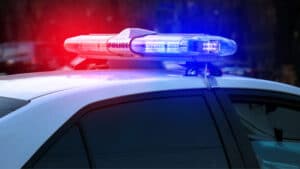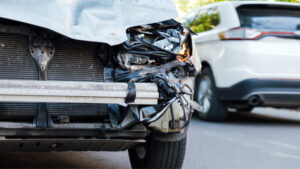The weather in San Rafael is beautiful and temperate most of the time, which means a lot of people wind up outside enjoying it. However, this means that businesses and employers have to be on their toes – if their premises are not as safe as they can be, it can open them up to liability. Slip and fall accidents are some of the most common personal injury cases in the country, but not every slip, trip or fall is cause for a lawsuit. It is important to have a good grasp on both the facts and the law, so you can make sure your claim is heard if there is a basis to hear it
Premises Liability Is Complex
Slip and fall accidents usually come under the legal theory of negligence in an area called premises liability. Premises liability is the liability that a landowner or business owner has if certain torts (civil infractions) happen on premises that they own. Generally, if a plaintiff can show that a defendant owner was negligent in terms of maintaining the property, or about handling any dangers on the property, they will have a case in premises liability negligence. The whole question is whether or not the property was safe for the injured person, and if it was not, whether or not the owner could have made it so.
There are four elements that have to be proven in a California premises liability case: (1) that the defendant is the owner or operator of the premises where the accident took place; (2) that the defendant was negligent in the “use or maintenance” of the property; (3) that the plaintiff was harmed; and that (4) defendant’s negligence was a “substantial factor” in causing that harm. There are different standards of negligence in other states, but “substantial factor” is the key word in California for determining levels of fault.
Determining whether someone has been negligent in the “use or maintenance” of property is the key point in many cases, and this can be quite difficult. Multiple issues can come up in entertaining these types of questions – did the defendant know of the hazard on their property? Should they have known? If they knew or should have known, were they negligent in cleaning it up or making it safe (did it take too long)? These questions must be answered before an outcome can be arrived at in a premises liability action like a slip and fall accident.
For example, if a slip and fall accident occurs in a puddle of water in a grocery store, one might ask if the grocery store (or an employee) knew of the dangerous substance on the floor, or should have known – that is, whether a reasonable person ought to have known of it. If they did (or should), one might ask how long it took to clean up the substance, how it was done, and so on. This type of questioning can make premises liability accidents much less clear-cut and easy to win than other negligence actions – but it is very far from impossible to do so.
Not Cut And Dried
It is important to understand that not every slip and fall in public is grounds for a lawsuit. The important thing to keep in mind is that negligence that is not related to the “use or maintenance” of property is not relevant to a premises liability claim, though it might potentially be to another cause of action. It is also plausible that sometimes, the victim may be at fault to the point where their percentage of fault is reduced or to the point where they may not recover. California law establishes a system of comparative fault, meaning that a plaintiff’s recovery can be reduced by however much the fact finder decides they are responsible for their own injuries. Even if you worry that you may not recover all your costs, it may still be worth it to bring suit.
Sometimes insurance companies may also complicate matters in terms of paying settlements for such claims. It can be very easy for insurers to offer simply a token settlement to an injured person, and without adequate representation, they may accept it and wind up having to pay medical bills on their own. Someone who has a good grasp of the law and an intelligent attorney on their side is much more difficult for an insurer to simply brush off.
Be advised that in addition to the potential comparative fault issues, the statute of limitations on a slip and fall claim is a factor as well. In California, the amount of time an injured person has to file a claim on a theory of premises liability is only two years. This time frame begins from the date of injury, so sometimes if an injury is particularly severe, a person may decide to put off suing until it is too late. It is imperative not to do this – the more time you have in order to properly present your case, the better.
Call Our San Rafael Slip and Fall Lawyers Immediately
Slip and fall accidents have almost become a pop culture trope, and can sometimes feel ridiculous to pursue, given the implied joke among most of society that such accidents are easily avoidable. But if you have been injured in a slip and fall, it is a serious matter, and failure to pursue it accordingly can leave you with a lifetime of medical bills that by rights, you should not have to pay.
When you hire our slip and fall lawyers in San Rafael, you get our resources at your disposal, and you get service where you are treated like a person – not a number. We have a reputation for community excellence, with 15 experienced attorneys in our firm ready to work for our clients. We also work on contingency, meaning that if your case is unsuccessful, you do not pay legal fees. To schedule your free case review today, contact us by phone at 415-610-7446, or use the handy form on our website.













